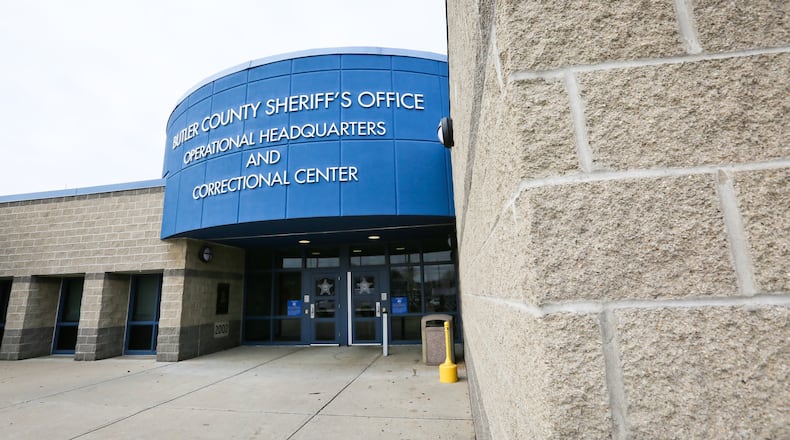“That is susceptible to fairly wide swings,” Dwyer said. “So when we try and budget we look over a longer period of time to get an average, but it’s not saying it can’t go way up or way down in any given year.”
The pharmacy bill in 2017 was $218,343, and it shot up to $310,136 in 2018 and $383,925 in 2019. The contract for 2020 was $400,000 and Dwyer said the bill for last year was around $317,000.
Dwyer said there have been inmates whose medical bills tallied up to $50,000 during their stay at the jail and they have to pay the bills,. He said there obviously are no elective medical treatments but as long as their medical staff deems something necessary, it is an expense they incur.
“We’ve had some interesting issues come up in the jail, we had a quadriplegic here for a time and that’s extremely burdensome, we’re not set up for that type of care, but we had to find a way to deal with it,” Dwyer said. “There was a service for some in-home types stuff that we brought in for the some of the needs that were beyond the medic staff, you just have to deal the cards you’re dealt.”
Dwyer estimated about 80% of the inmates have medical or substance abuse issues that require treatment in the jail facilities that usually house about 1,000 people. The pharmacy bill does not include medications for drug addictions.
The Butler County Mental Health and Addiction Recovery Services Board has a contract with Community Behavioral Health to treat inmates with Vivitrol for addiction to drugs, according to executive director Scott Rasmus. He said these are court ordered-only treatments.
Dwyer said detoxifying drug addicts however is not the biggest problem the jail has.
“Alcohol is one of the most acute withdrawals, we deal with a lot more heroin addiction and that’s problematic,” Dwyer said. “Alcohol can be worse when it comes to being dope sick versus alcohol. When you have acute alcoholics sometimes they are very dangerous when they’re going into withdrawal.”
Rasmus said the difference is with drug addiction the person will feel sick for a time but then recover. An alcoholic in withdrawal can go into seizures and die, so strict attention by medical staff is essential, and sometimes that requires a hospital visit.
“It’s a longer process and more costly and then you typically need medical support staff to watch those folks,” Rasmus said previously. “Where folks that are withdrawing from opiates, even though they may feel terrible and they may vomit and things like that, they are not at risk for seizures or death, due to the withdrawal process.”
Dwyer said they also have a forensic counseling crisis team funded by the MHARS board “they deal with a lot of your homicidal, suicidal extreme mental health problems, they assist us with that.” And they have a psychiatrist under contract to help them deal with issues.
Pregnant inmates are also not uncommon — the jail pays for prenatal care and even delivery, but Dwyer said the women are generally furloughed before they reach their due date. If they are still in the jail the county picks up delivery bill.
The county has been able to acquire grants for some of the medications they need and medical care is included in the fees they are paid for housing federal prisoners. Some people also have insurance.
The only other county facility that houses people is the Care Facility with 109 beds and a current daily census of around 28. Care Facility Administrator Evelyn McGee said almost all of the drug bills at the Care Facility are reimbursed through Medicaid, Medicare and private insurance.
About the Author

